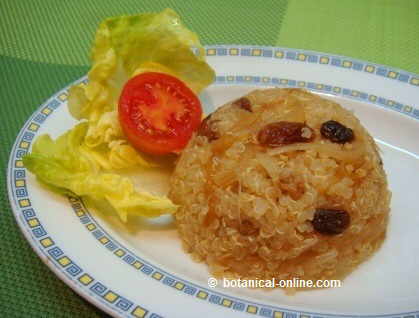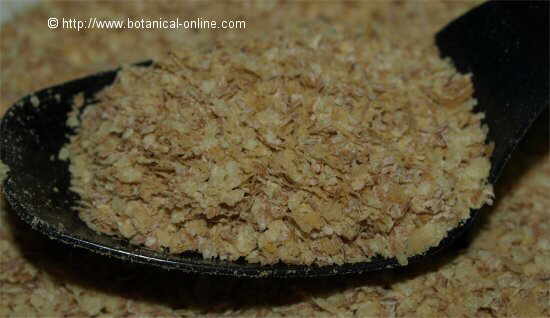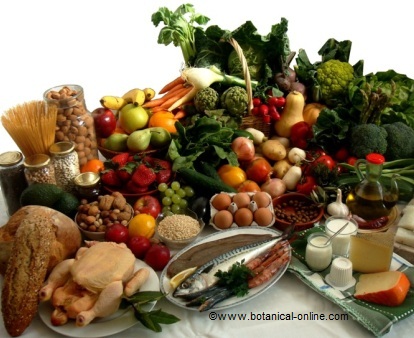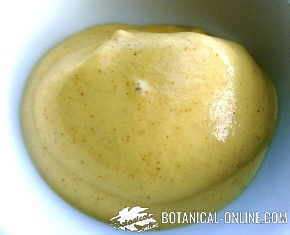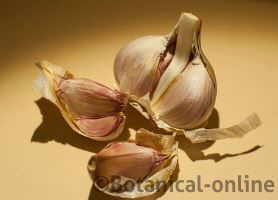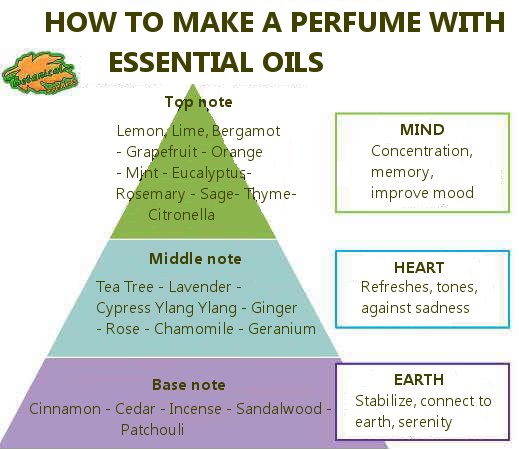Contents
Functions of cholesterol
What is cholesterol?
Cholesterol is a component of the blood and tissues of animals which consists of fats.
Characteristics and properties of cholesterol
Chemically, cholesterol is a fat-sterol type. This molecule does not dissolve in water, which means that it can not dissolve in blood.
So, when cholesterol is deposited in arteries, such as in arteriosclerosis, it is difficult to unblock them.
How does cholesterol circulate in the blood?
The way that cholesterol reaches the whole body is by means of transporting it in blood.
Because cholesterol medical issue has come to the street and television, there is currently a lot of confusion about this topic. In the following article we define the cholesterol characteristics in the body and why it should be kept at healthy levels.
Functions of cholesterol in the body. What is cholesterol good for?
- Structural function: Cholesterol forms part of every cell in the body. It is precisely on the cell membrane and allows the nutrition of the cells. Because of this importance, it must circulate in the blood to reach every cell in the body. The organism is continuously regenerated, so that cholesterol is essential to form new cells and tissues, for example, skin
| Cholesterol forms part of every cell in the body. |
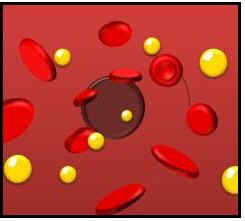 Cholesterol is transported by blood
Cholesterol is transported by blood
- Synthesis of vitamin D: Cholesterol is a component very similar chemically to vitamin D. It has been scientifically proven that the body can make vitamin D from cholesterol, when we are exposed to ultraviolet radiation. In other words, when we take the sun, the cholesterol in the skin is used to make Vitamin D.Vitamin D is essential for calcium absorption in the body. Deficiency of this vitamin can lead to osteoporosis and bone weakness, or prevent the growth of children, which is known as rickets.In addition, vitamin D has anticancer properties, strengthens the immune system and helps improve skin appearance.The only sources of vitamin D in the diet are fatty animal foods such as butter, cream, cheese, eggs, oily fish, seafood or red meat. This vitamin is especially important in vegetarian diets, which tend to lead to deficiencies of vitamin D as there are few plant foods that contain it (more information).
Sunbathing daily during 15 minutes is sufficient to meet the needs of vitamin D. For example, in the Nordic countries, where people dispose of less hours of sunshine, they often cook with butter (rich in vitamin D), thus obtaining the daily requirement of this vitamin through food.
| Our body can make vitamin D from cholesterol. For this reason, we recommend taking the sun every day for 15 minutes, especially to people with bone problems. |
- Cholesterol promotes digestion because it forms bile salts: a major function of cholesterol is to form bile salts. Bile salts are the main component of bile, the substance being stored in the gallbladder. Bile consists primarily of cholesterol, and its function is to digest food.When bile is released from gallbladder into the intestine, it degrades the food in very small particles (nutrients), which can be absorbed by the walls of the intestines. That is, without cholesterol, there would be no digestion.In turn, this is a natural route of elimination of cholesterol. Bile (mainly composed of cholesterol) can be reabsorbed or eliminated by feces:If your diet is rich in vegetables, such as artichokes, spinach or cauliflower, fiber in these foods will capture the bile and dietary cholesterol and will drag it to the colon, to expel it through feces. Therefore, a diet rich in fiber helps reduce cholesterol.
In contrast, low fiber diets cause reabsorbing bile and gallbladder again. If you also perform a diet rich in cholesterol, this will accumulate in the bile. It is what is known as gallstones, gallbladderstones or cholesterol stones in the gallbladder.
| A diet rich in fiber helps reduce cholesterol. Plants for the liver, which favor the expulsion of bile, may be a further aid to combat excess cholesterol. |
- Cholesterol to make hormones: Cholesterol is a molecule very similar to steroid hormones. The body uses cholesterol to synthesize different types of hormones, such as sex hormones or steroid hormones (all derivatives of progesterone).Progesterone is essential for pregnancy. During the first weeks of pregnancy, progesterone regulates uterine tissue development. It is possible that some women in early pregnancy feel very fatty appetite for food (high cholesterol), especially if their diet is usually low in cholesterol.
Negative effects of high cholesterol
As we have seen, cholesterol is a vital component of the body. However, our current diet tends to be rich in animal foods rich in cholesterol.
This dietary excess, along with a diet low in fiber, has come to cause cardiovascular diseases have become to be the first cause of death in industrialized countries.
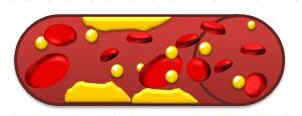
Arteriosclerosis is the accumulation the cholesterol in the arteries that hinders the blood circulation
Excess cholesterol carries serious health problems. One of the first symptoms are high levels of blood cholesterol. (See what are the adequate cholesterol levels) This can cause excess cholesterol to be deposited on the inner walls of the arteries, leading to blockages. (Thrombosis)
![]() More information about cholesterol.
More information about cholesterol.

